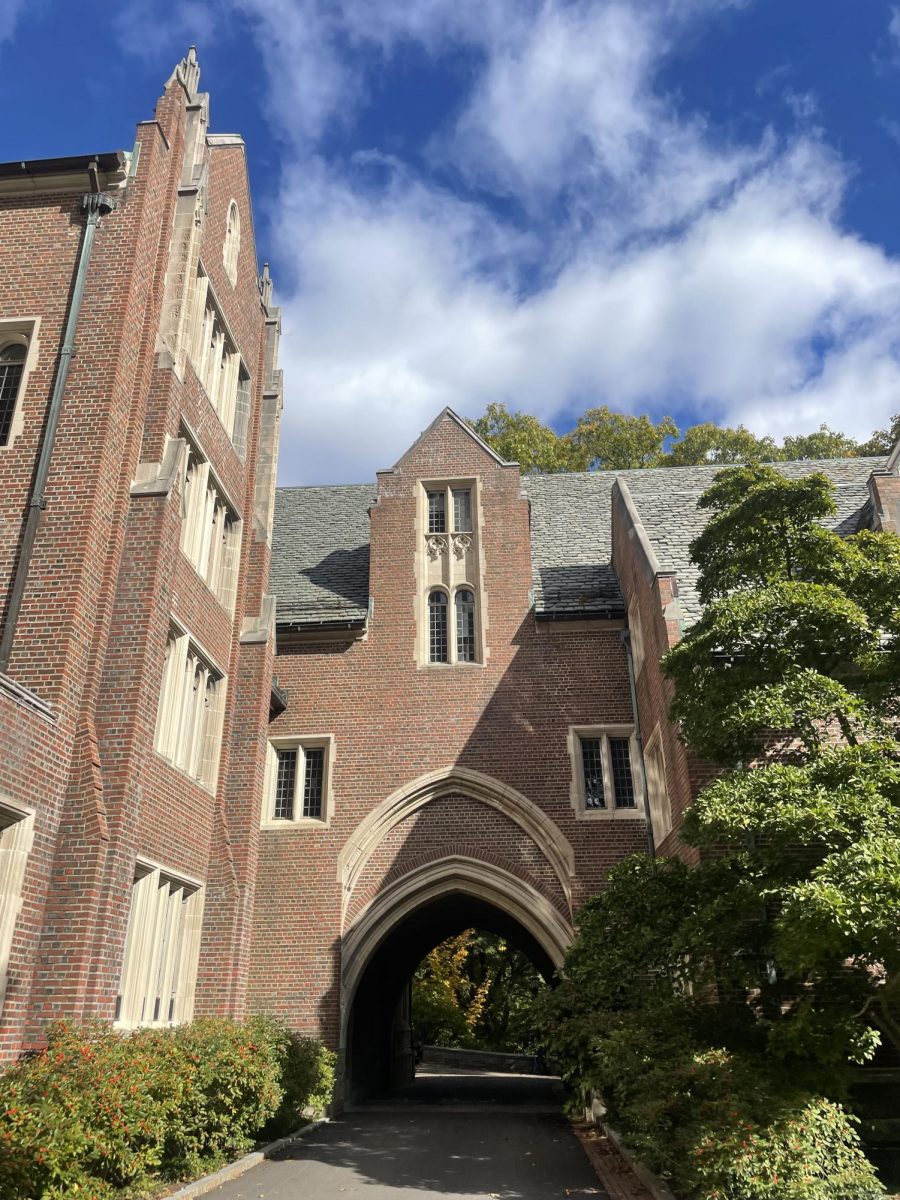Earlier this year, Wellesley College received funds from the Charles Koch Foundation (CKF) to support the Freedom Project, a group which aims to promote freedom of expression, pluralism and tolerance on campus.
Professor of Sociology Thomas Cushman started the Freedom Project approximately four years ago in an effort to bring speakers to campus who hold viewpoints which are not typically represented at the school.
According to Cushman, who serves as the organization’s director, the College entered a relationship with the Charles Koch Foundation with the approval of President Johnson.
“[The CKF] gave a generous grant to Wellesley College to support the work of the Freedom Project, and that relationship was formalized and agreed to by President Johnson on the condition that Wellesley College and the Freedom Project have absolute academic freedom and autonomy,” he said.
The Charles Koch Foundation was established in 2011 by billionaire Charles Koch, CEO of Koch Industries, which in 2016 was ranked by Forbes as the second largest privately-held company in the United States with revenue of $100 billion in the previous year.
Charles Koch, along with his brother David, work to shape American politics through a combination of direct contributions to candidates, a political action committee and donations to various political groups, nonprofits and think tanks. Figures on the Kochs’ political spending are impossible to calculate as many of the nonprofits they support do not disclose donor identities. According to Todd Belt, a visiting lecturer in the Political Science department, the Koch brothers advocate a libertarian agenda that promotes freemarket economics, fiscal conservatism and social liberalism. Their party allegiances are complicated, evidenced by their support for Mitt Romney’s 2012 presidential campaign followed by their opposition to Donald Trump in 2016.
“As businessmen, their concerns for economic issues such as reducing taxes and regulations cause them to align with and support Republican candidates over Democratic candidates. However, they have also been active in promoting criminal justice reform, a policy issue more closely associated with the political left and the Democratic party,” Belt said. One arm of the Kochs’ vast network of nonprofits is the Charles Koch Foundation, which, among other endeavors, awards grants to hundreds of colleges and universities across the country with the stated goal of supporting programs that engage students with the principles of free societies. Cushman maintains that the Freedom Project is in no way promoting the political agendas of the Charles Koch Foundation. “The Charles Koch Foundation provided funds to promote freedom of expression, but there are absolutely no conditions on the substance of that expression,” he said.
Provost and Dean of the College Andrew Shennan also stressed the school’s commitment to academic autonomy.
“[Before receiving a donation,] the College prepares and submits a proposal describing the programs and activities to be funded and itemizing the budget. Once we receive the gift, the College then distributes the funding according to the terms of the proposal. The proposal sets the goals and structure of the program, but we do not permit donors to determine its intellectual content or to dictate how it is administered by the College,” Shennan said.
The Freedom Project carries out its mission in a variety of ways, including through speaker events and fellowships for students. No college funds are allocated to the organization, and it relies entirely on external gifts and grants.
This recent contribution is not the school’s only tie to the Koch family. Mary Robinson Koch, the mother of Charles and David, graduated from Wellesley in 1929 with a degree in English and French. During her lifetime the family contributed to the school’s financial aid program through the Fred and Mary Koch Foundation.
Professor Cushman acknowledges that the Freedom Project has not been entirely successful in conveying the nature of its work with the greater community and encourages students to engage with the organization to better understand it.
“[T]he best way to clear up misconceptions is to come to our events, talk with faculty and staff who are involved, come directly to me and ask me questions. The Freedom Project you hear about and the Freedom Project you encounter might be very different things. Or not. Either way, freedom of expression, pluralism and tolerance should be the guiding principles of any liberal intellectual community,” Cushman said.






